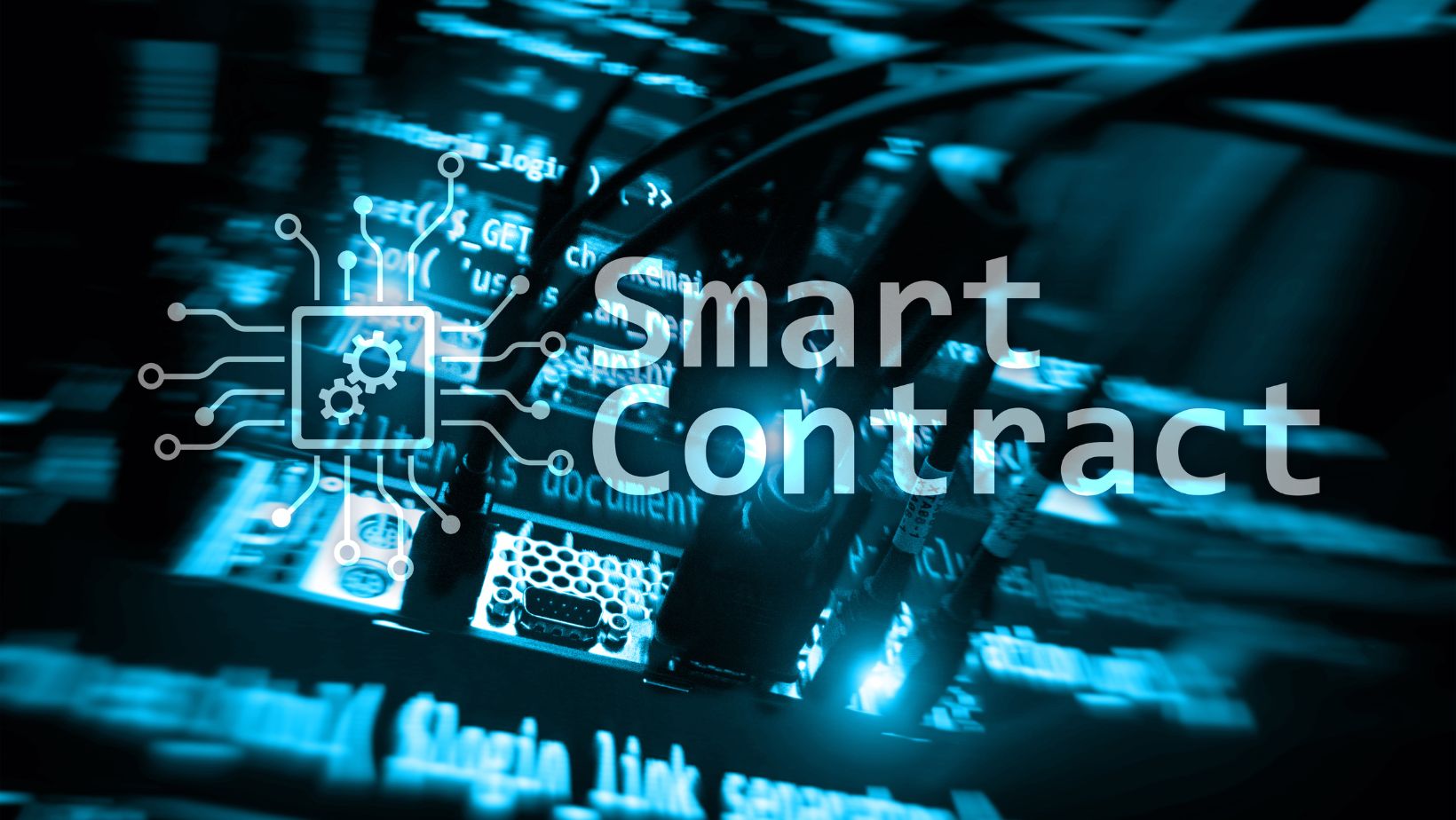
Smart contracts have revolutionized the way we think about trust in the digital age. As a seasoned expert in the field, I have witnessed firsthand the transformative power of these automated agreements. In this article, I will delve into the concept of smart contracts and how they are reshaping industries by eliminating the need for intermediaries and ensuring transparency and efficiency in transactions.
Imagine a world where contracts are not only binding but also self-executing. That’s the promise of smart contracts. These computer programs are built on blockchain technology, enabling parties to enter into agreements without the need for a middleman. In this introduction, I will explore the inner workings of smart contracts, their benefits, and the industries that are already embracing this disruptive technology.
What Are Smart Contracts?
Definition and Purpose
Smart contracts are computer programs that are built on blockchain technology to automate and facilitate the execution of contracts. They are designed to eliminate the need for intermediaries, such as lawyers or agents, by allowing parties to enter into agreements directly with each other. These contracts are self-executing, meaning that the terms of the agreement are automatically enforced once the predetermined conditions are met.
The purpose of smart contracts is to enhance trust and transparency in transactions by removing the potential for human error or manipulation. By leveraging blockchain technology, these contracts provide a decentralized and immutable ledger that records and verifies every step of the agreement. This ensures that all parties involved have full visibility into the contract’s execution, reducing the risk of fraud or disputes. To explore the possibilities of implementing smart contracts in your operations, visit https://www.ulam.io/software-services/blockchain-software-development.
Benefits and Advantages
- Efficiency: Smart contracts streamline the contract process by automating various tasks and eliminating the need for manual intervention. This saves time and resources for all parties involved, allowing for faster and more efficient transactions.
- Trust and Transparency: With smart contracts, all terms and conditions are encoded in the code and stored on the blockchain. This means that the contract is visible to all parties, ensuring transparency and minimizing the potential for misunderstandings or misinterpretations. Additionally, since the contract execution is based on predefined rules, there is a reduced need for trust between the parties.
- Cost Savings: By removing intermediaries from the contract process, smart contracts significantly reduce costs. There is no need for costly legal fees or administrative overheads, making transactions more affordable for individuals and businesses alike.
- Accuracy: Smart contracts are programmed to execute based on predetermined conditions and rules. This eliminates the possibility of manual errors or subjective interpretations that can occur in traditional contracts. The accuracy of smart contracts reduces the chances of disputes and ensures that the intended outcomes are achieved.
- Security: Smart contracts leverage the security features of blockchain technology. The decentralized nature of the blockchain ensures that there is no single point of failure, making it extremely difficult for malicious actors to tamper with the contract or the underlying data. Additionally, the use of encryption and cryptographic algorithms further enhances the security of smart contracts.
- Automation of Trust: Trust is an essential component of any agreement or contract. Smart contracts automate trust by removing the need for trust-based relationships between parties. Instead, trust is placed in the underlying technology and the transparent execution of the contract’s code.
How Do Smart Contracts Work?
Blockchain Technology
Blockchain technology is the foundation on which smart contracts operate. A blockchain is a decentralized and transparent ledger that records transactions across multiple computers in a network. Each transaction is packaged into a block and added to the chain in a chronological order. The blockchain is immutable, meaning that once a transaction is recorded, it cannot be altered or tampered with.
Smart contracts are built on top of the blockchain, utilizing its features to ensure trust and transparency in the execution of contracts. By leveraging the distributed nature of the blockchain, smart contracts eliminate the need for intermediaries, such as lawyers or banks, reducing costs and increasing efficiency. Blockchain technology enables the secure storage and retrieval of contract terms and conditions, making them easily accessible to all parties involved.
Self-executing and Self-enforcing
One of the key characteristics of smart contracts is their ability to be self-executing and self-enforcing. Traditional contracts rely on third parties, such as lawyers or courts, to ensure compliance and resolve disputes. In contrast, smart contracts are programmed with predefined rules and conditions, and they automatically execute once these conditions are met. This automation minimizes the possibility of human error, bias, or manipulation.
Smart contracts are deterministic, meaning that their outcomes are predetermined and cannot be changed. The terms of the contract are written in code, and the contract executes accordingly. For example, if a smart contract is programmed to release funds to a seller once the buyer confirms receipt of the goods, the contract will automatically initiate the fund transfer without any human intervention. This eliminates the need for trust between parties, as the execution of the contract is based on verifiable, objective conditions.
Furthermore, the decentralized nature of blockchain technology ensures the immutability of smart contracts. Once a smart contract is deployed on the blockchain, it becomes part of the permanent record. It cannot be modified or tampered with, providing an additional layer of security and confidence in the contract’s execution.














